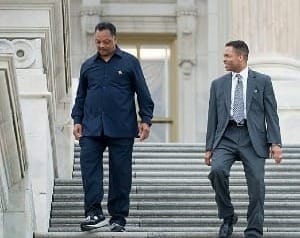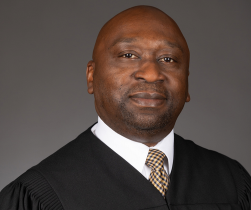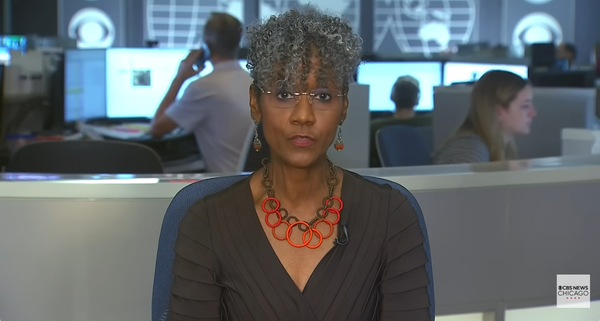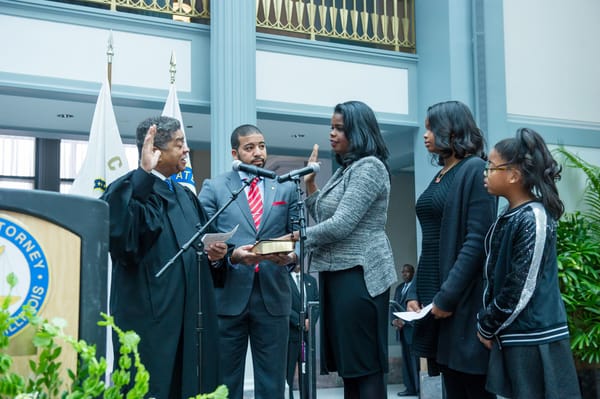From victim to suspect to free man: Antonio McDowell fully exonerated after 28 years
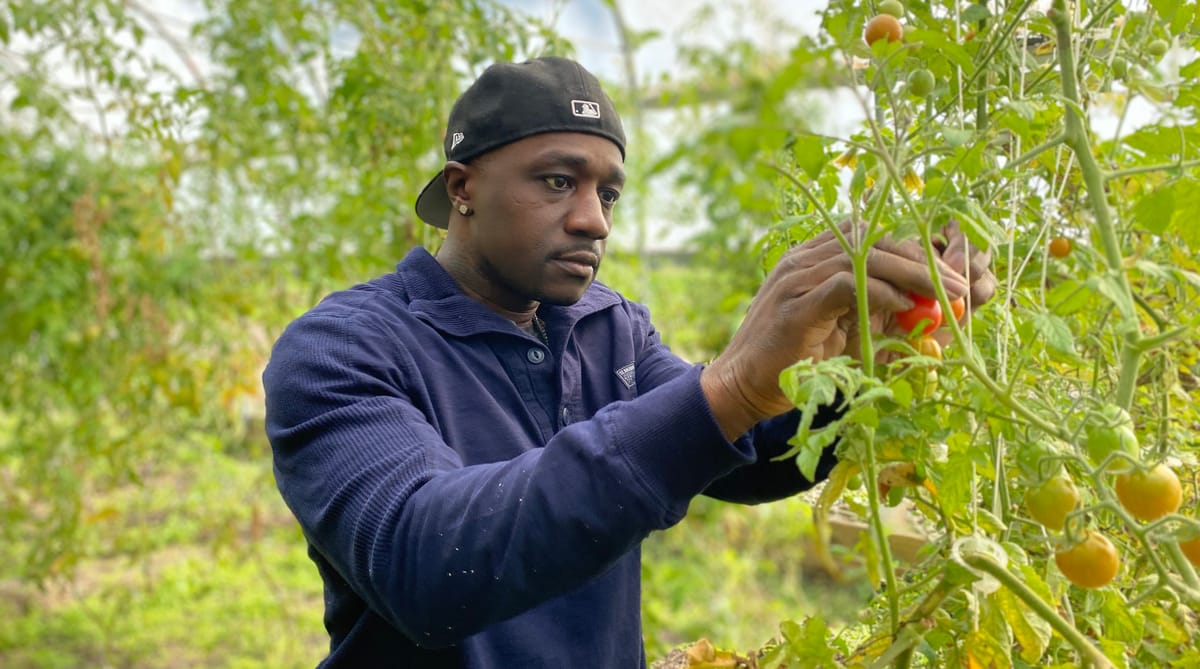
In July 1997, Antonio McDowell walked into Chicago’s Area 5 police station to report he had been shot. But within hours, the 21-year-old went from victim to suspect — accused of a murder and a carjacking that police and prosecutors said were committed by the same person.
Nearly three decades later, McDowell has been fully exonerated. On Monday, June 2, Cook County prosecutors officially dropped the carjacking charge against him, ending a decades-long legal ordeal.
“I’m free for the first time in nearly 30 years,” McDowell said at a press conference at the George N. Leighton criminal courthouse following the hearing. “I’m free.”
McDowell’s case marks the 51st exoneration tied to former Chicago police detective Reynaldo Guevara.
Under former State’s Attorney Kim Foxx, the Cook County State’s Attorney’s Office acknowledged a pattern of coercion, fabricated evidence, and manipulated identifications in cases linked to Guevara.
Now living in Texas, Guevara never has been charged.
McDowell is represented by Lyla Wasz-Piper and Josh Tepfer of The Exoneration Project along with Anand Swaminathan of the civil rights law firm Loevy + Loevy. His attorneys say Guevara was responsible for the 1997 charges that ultimately sent McDowell to prison for almost 23 years.
In July 1997 police were investigating the December 1996 shooting death of Mario Castro, who had been killed in his backyard. On that same day about 25 minutes later a woman in a nearby alley reported her car had been stolen at gunpoint. Detectives believed the shooter in the Castro case used the vehicle to flee the scene.
The case had gone cold for months — until Antonio McDowell walked into the police station wearing a cast on his arm after being shot two weeks earlier to help identify the man who shot him. Instead of receiving help, his attorneys say, he was targeted. Guevara tried to coerce him into falsely identifying someone in an entirely unrelated murder. When McDowell refused to lie, the tables turned — and the victim became the accused.
“Guevara said, ‘You’re going to identify this person as the person who shot you,’” Swaminathan said at the press conference. “Antonio said, ‘No, I didn’t see who shot me.’ Guevara tried to force and pressure him into picking the person Guevara wanted.”
When McDowell refused, his lawyers say he was no longer treated as a victim, but as a suspect. Despite no physical evidence and no eyewitness linking McDowell to either crime, Guevara accused him of murdering Castro and carjacking the getaway vehicle.
“That was Antonio McDowell's crime. – Trying to do the right thing. It's sick," Swaminathan said. "He came there as a victim of a crime. He left with murder charges for a crime he didn’t commit.”
At the trial prosecutors presented eyewitness testimony of the carjacking victim, Ruth Morales-Santana, who in 2020 maintained that McDowell was the man who pointed a gun at her, threatened to kill her, took her purse, demanded her car and abandoned it two miles later.
At the trial McDowell's public defender argued it was a case of mistaken identity: McDowell was home babysitting and a friend served as an alibi witness.
Cook County Judge Marcus Salone found McDowell guilty of both the murder and the carjacking and sentenced McDowell to 103 years in prison.
Prior to being appointed to the bench, Judge Salone served ten years as a Chicago police officer and two years as a Cook County prosecutor. Salone currently serves on the Cook County Board of Ethics and is a retired presiding justice of the Illinois Appellate Court.
In June 2020, Governor J.B. Pritzker commuted McDowell's sentence due to his personal health concerns during the COVID-19 pandemic. At the time, McDowell was enrolled in the Northwestern University Prison Education Program and had received letters of support from professors and classmates.
In 2023 prosecutors officially vacated the murder conviction after McDowell voluntarily submitted a DNA sample that excluded him from genetic material found on Castro’s clothing. But the State continued to uphold the carjacking conviction—even though prosecutors originally had argued the same person committed both crimes.
Earlier this month, Judge Maria Kuriakos-Ciesil rejected that logic, vacating the carjacking conviction as well. In her ruling, she cited McDowell’s consistent claims of innocence and the mountain of evidence discrediting Guevara’s investigative tactics.
With Monday’s dismissal, McDowell said, he is finally able to reclaim his life without the shadow of a conviction that never should have happened.
"I didn't think that this moment would come," McDowell said.
The 1997 murder and carjacking wasn't the first time McDowell says he has been targeted.
"At 15 years old I was framed, charged as an adult, and convicted of armed robbery. The court sentenced me to 3 years in the Illinois Department of Corrections," McDowell said in a biography he wrote for Growing Home, a farm in Chicago's Englewood neighborhood where he participated in a workforce development training program after regaining his freedom.
McDowell now works in the warehouse and logistics industry. He also writes poetry, is working on a memoir, and produces Voices from Within, a podcast that shares stories of incarcerated people.
